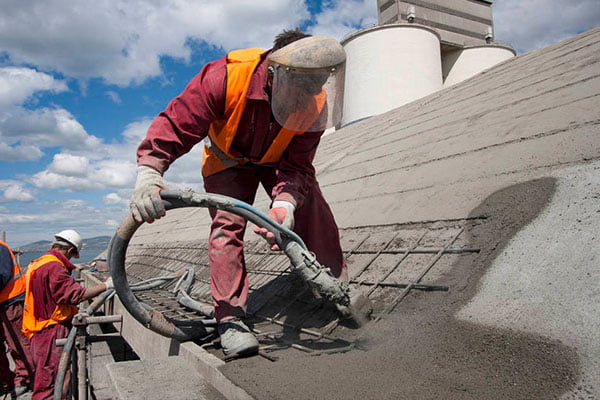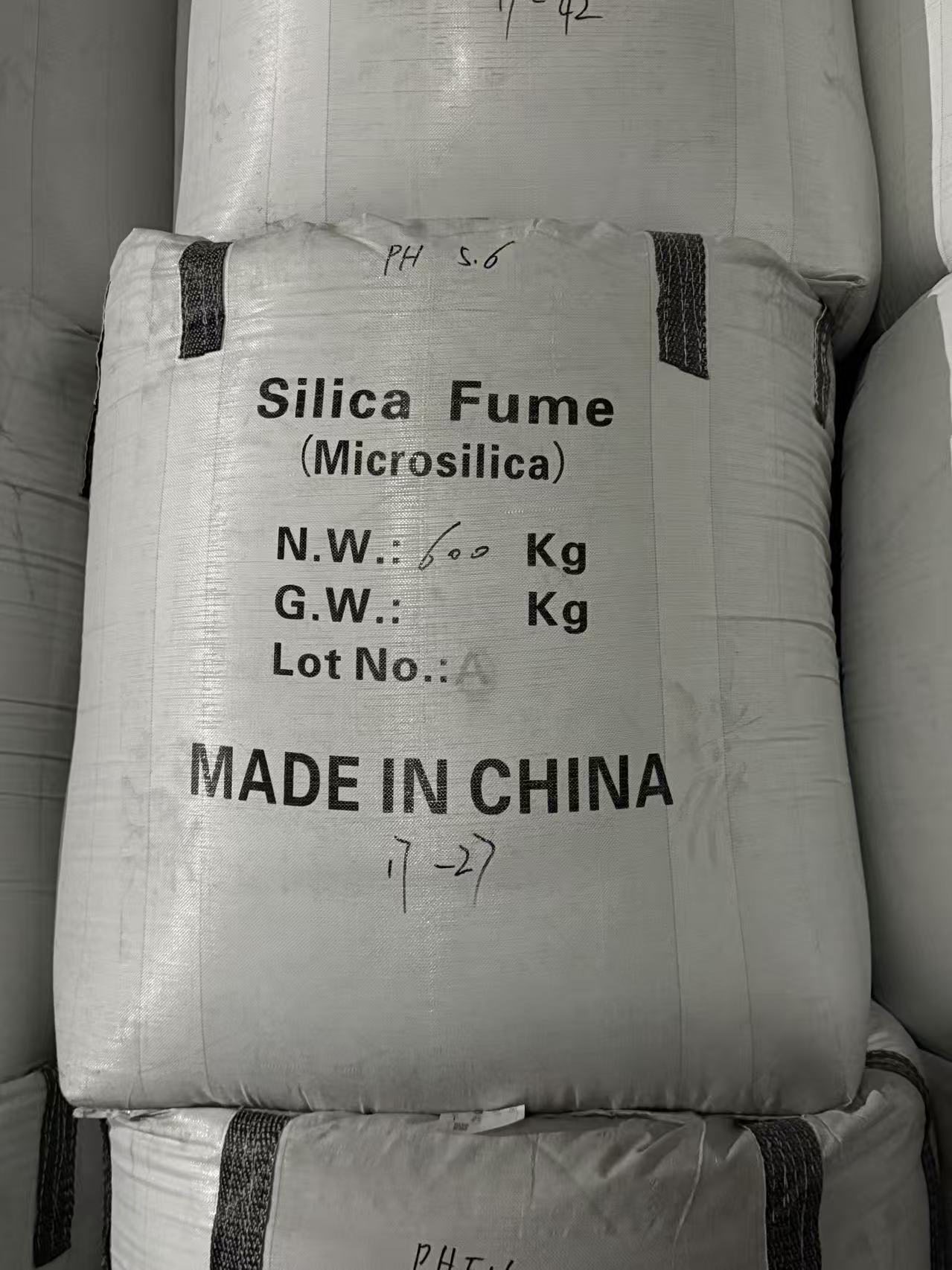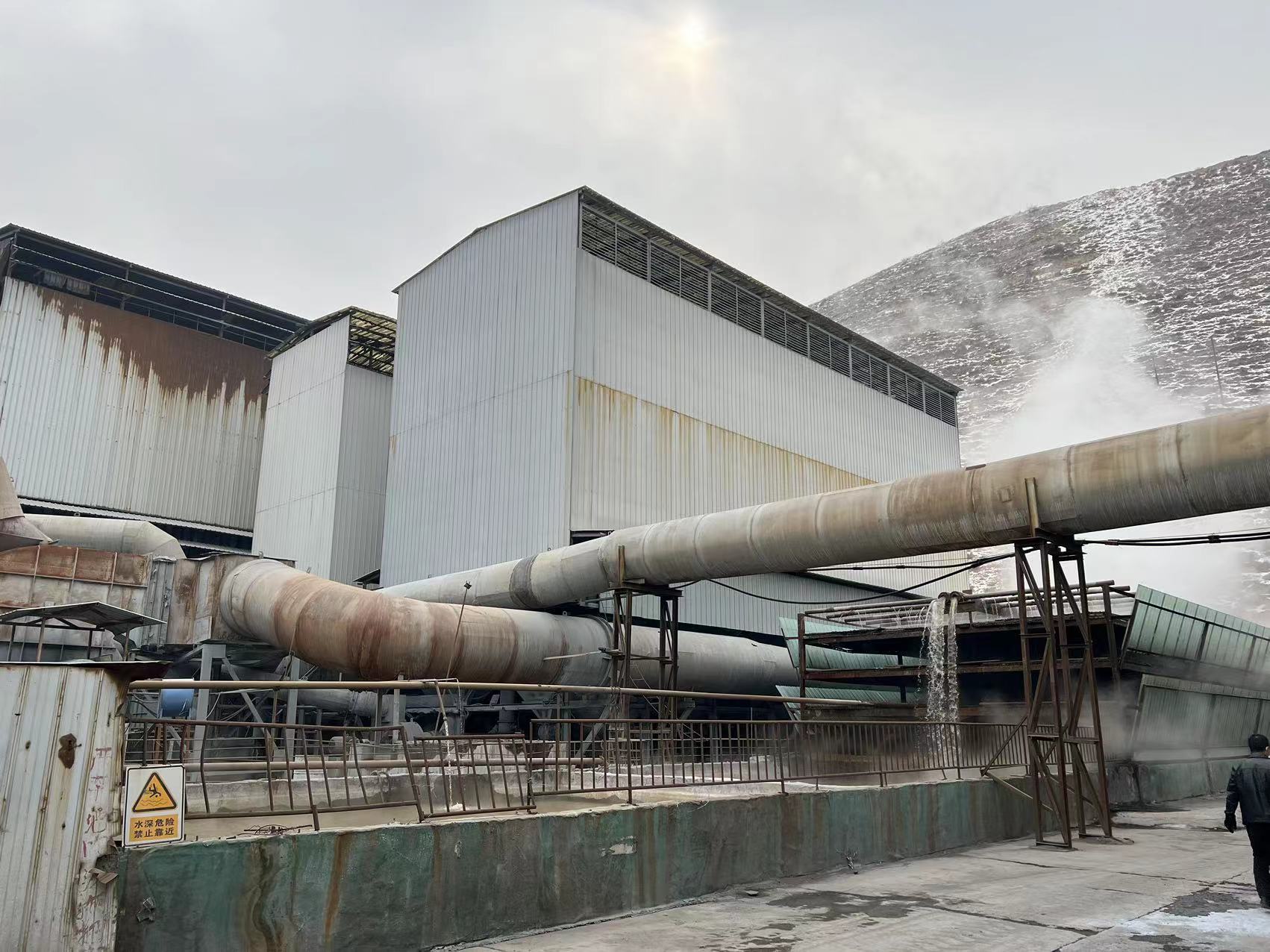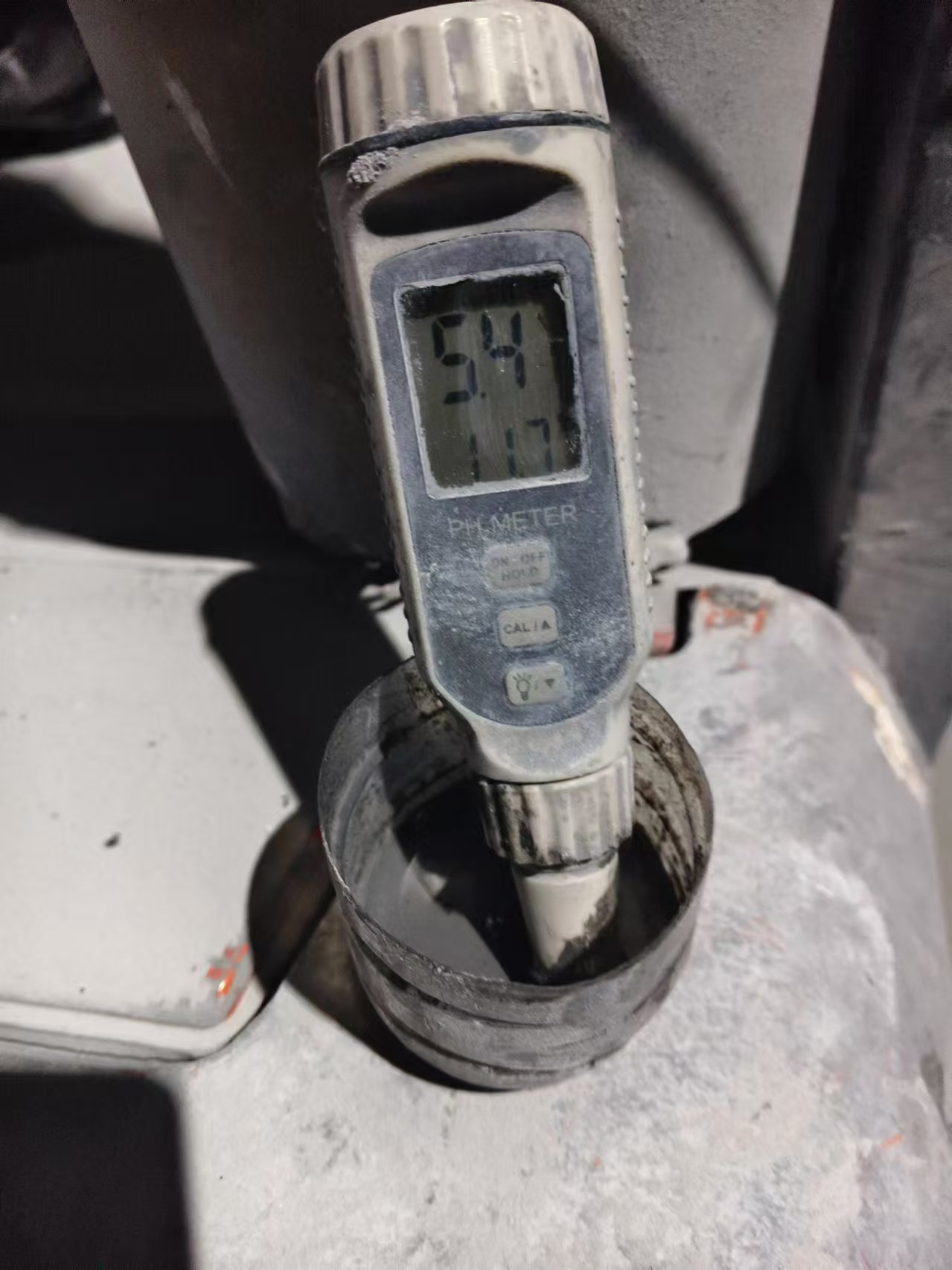Ewende Micro silica powder agglomeration has the following effects on its performance:
Chemical properties:
- Reduced activity: The high activity of micro silica powder is one of the important properties that make it useful in materials such as concrete. After agglomeration, due to some internal chemical reactions or physical changes may have occurred, which will lead to a decrease in the activity of micro silica powder.For example, when reacting with cement and other cementitious materials, its reaction speed and degree of reaction may be weakened, thus affecting the strength development and durability of concrete.
- Changes in chemical composition: agglomeration may cause localized changes in the chemical composition of micro silica powder. If moisture or other substances are involved in the agglomeration process, it may lead to dissolution, precipitation or redox reactions of certain chemical components, changing the chemical composition of the micro silica powder. This may affect its performance in specific applications, such as adversely affecting the corrosion resistance and frost resistance of concrete.
Physical properties:
- Altered fineness: Micro silica powders usually have very fine particle size, which contributes to their filling effect and volcanic ash activity in concrete. Upon agglomeration, the particles may clump together, resulting in a change in fineness. This can reduce the filling capacity of micro silica powders and affect the compactness and strength of the concrete. At the same time, larger particles may also affect the mixing homogeneity of the micro silica powder with other materials, further affecting the performance of the concrete.
- Poor fluidity: Under normal circumstances, micro silica powder has a certain degree of fluidity, easy to add and mix in the production process. After agglomeration, the fluidity will be significantly reduced, and may even become a lumpy solid, difficult to transport and add. This will not only increase the construction difficulty, but also may lead to uneven distribution of micro silica powder in the concrete, affecting the quality of concrete.
- Increase in water requirement: Agglomerated micro silica powder may require more water to achieve the same fluidity when mixed with water. This will increase the water requirement of the concrete, thus affecting the water-cement ratio and strength of the concrete. Also, too much water may lead to more pores and cracks in the concrete during hardening, reducing the durability of the concrete.








